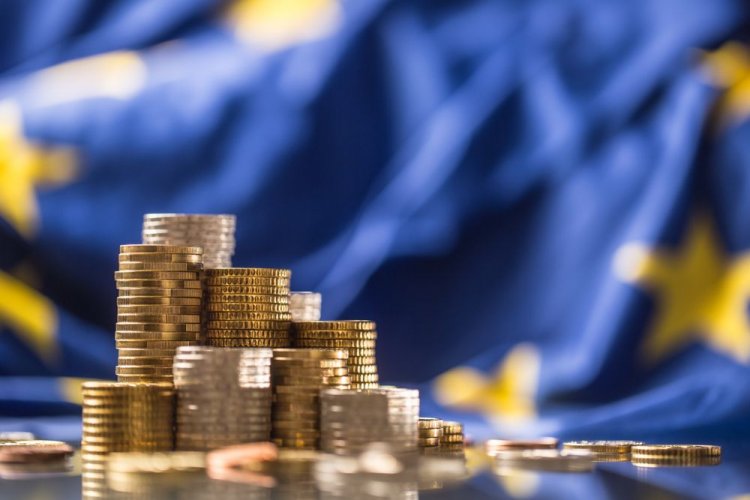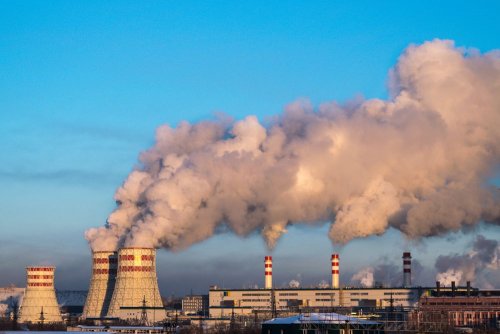The EU wants to receive €140 billion at the expense of a 33% tax on excess profits of energy companies for the 2022 fiscal year and direct these funds to support households and enterprises.
The head of the EU on climate issues, Frans Timmermans, said that plans for a solidarity contribution are a necessary response to energy supply shortages and high prices, says The Guardian.
“The era of cheap fossil fuels is over. And the faster we move to cheap, clean and homegrown renewables, the sooner we will be immune to Russia’s energy blackmail,” he said.
The article noted that this could increase pressure on British Prime Minister Liz Truss to reverse her decision not to extend the country's 25% capital gains tax on oil and gas companies. In addition, Truss does not ask consumers and businesses to reduce their energy consumption in winter.
The European Commission also wants EU member states to sign up to a legally binding target to reduce electricity consumption by 10% overall and 5% during peak hours through efficiency campaigns and incentives.
The plan reflects the already agreed voluntary goal of reducing gas consumption by 15% by the end of spring 2023.
Although the European Commission proposes that oil and gas companies pay a 33% "solidarity contribution" on their profits, EU member states are free to set higher fees. Companies have made huge profits because their revenues are tied to the price of expensive oil and gas.
"Low-carbon electricity producers such as wind, solar and nuclear companies will see their revenues up to €180 per megawatt-hour, less than half of the current market price," the report said.
In the EU, the tax is expected to raise €25 billion from fossil fuel producers, while the cap on low-carbon companies is expected to raise €117 billion. Revenues are planned to be passed on to consumers in the form of direct discounts to finance measures to improve energy efficiency or switch to low-carbon technologies.
The material explained that these plans are to be discussed by the bloc's 27 energy ministers at the end of September, with the demand for quick adoption of the law before winter. Gas and electricity prices have reached historic highs since the Russian invasion of Ukraine, during which Russia sharply cut supplies to Europe. Currently, Russia accounts for only 9% of EU gas imports, compared to 40% before the invasion.
Earlier, EcoPolitic wrote, that in the EU during May-August 2022, solar generation increased by 28%, which allowed to save 20 billion m3 of gas, the import of which would cost €29 billion.
As EcoPolitic previously reported, the members of the European Parliament voted in favor increasing the share of RES in final consumption in the block up to 45% by 2030.





